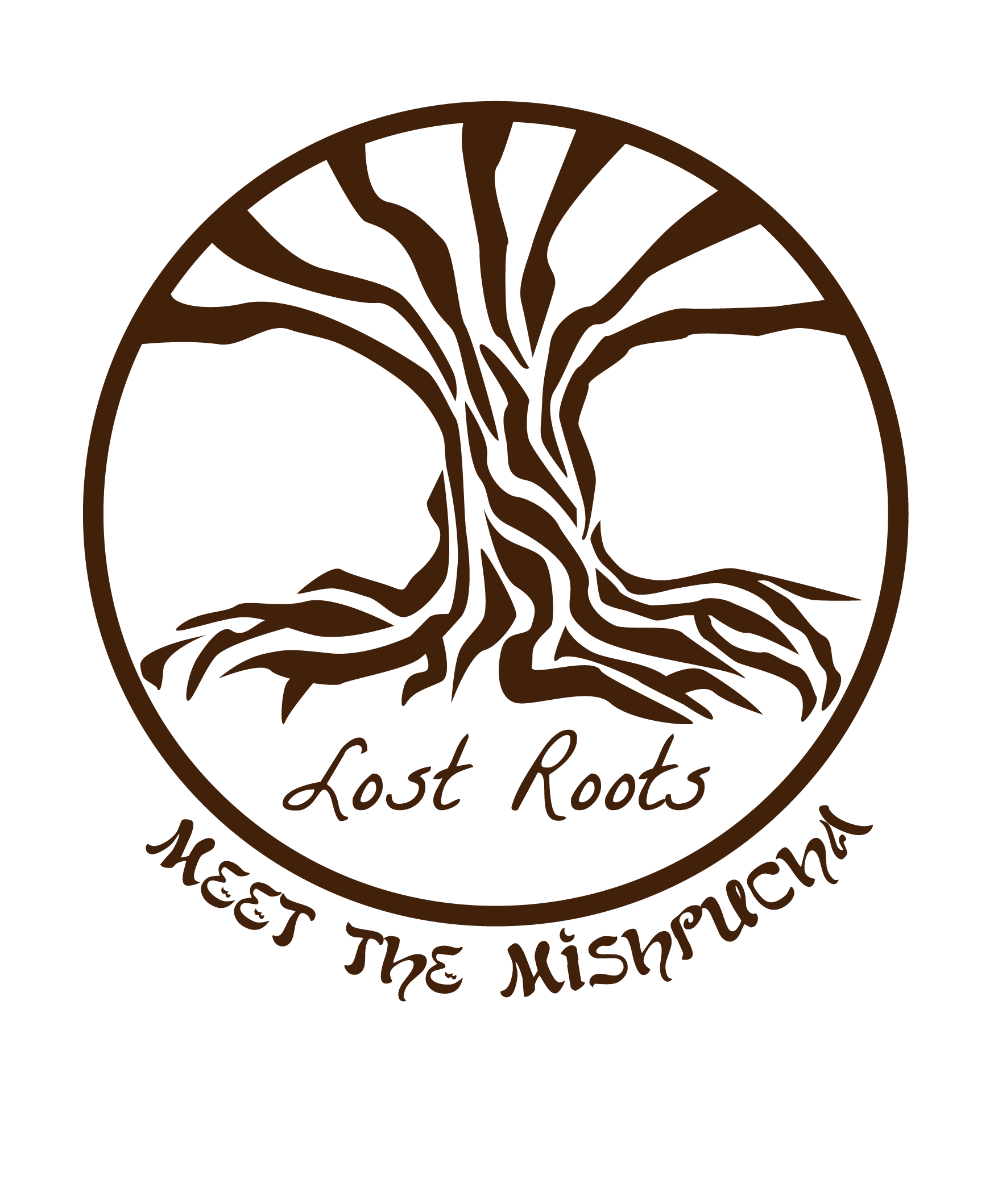Russian Jewish Genealogy - Research Challenges
In the previous section, you learned about some of the many resources for researching Russian Jewish genealogy. Fortunately, a wide variety of documents and sources exist which document the history of Jewish families through many generations. However, despite the existence of these documents, there are a number of significant challenges you will likely face when researching Russian Jewish families—beginning, perhaps surprisingly, with what country to look in.
Why “Russia” Probably Doesn’t Mean Russia
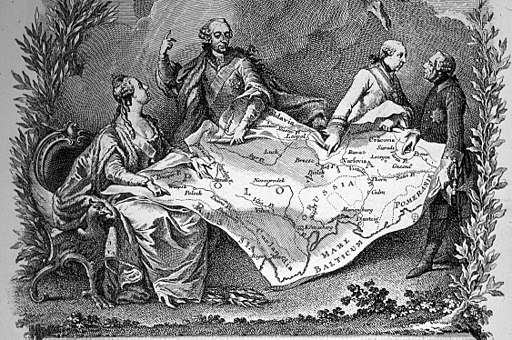
If your research on locating your family’s original place of origin shows that your family is among the huge number of Jewish families that can trace its origins to Russia, you may be tempted to begin your search by looking for your town in Russia. However, you may not be aware that the vast majority of Russian Jewish families did not live within today’s Russia. For important historical reasons, the Russian Jewish community was almost exclusively found in areas of the former Russian Empire which are no longer in Russia.
Prior to the late 18th century, there were very few Jews living in Russia—in fact, Jews were outright banned by law from residing in the Russian Empire until the 1720s. The Russian Jewish community came into being when Russia annexed large portions of Poland and Lithuania in the 1770s through 1790s. This military-political event brought large numbers of Jews into the Russian fold for the first time—a population neither desired nor welcomed.
By the turn of the 19th century, an entire legal framework was devised to manage Russia’s new Jewish population. Legal restrictions regulated every conceivable aspect of Jewish life, from what occupations Jews could practice to what clothes they were permitted to wear to how they could operate businesses. The most notable restriction was that Jews were forbidden from living outside the territories historically acquired from Poland in the eighteenth century. These previously Polish areas where Jews were permitted to reside were called the Pale of Settlement.
Although some exceptions were made and restrictions were sometimes temporarily loosened, the Pale of Settlement remained home to virtually all Russian Jews for more than a century. By the time it was formally abolished in 1917, large numbers of Russian Jews had already emigrated to the United States, Western Europe, Eretz Yisrael, and other places. Today, the territory of the Russian Pale of Settlement—and thus the places of origin for the vast majority of Russian Jewish families in America—lies outside of Russia, in today's Poland, Lithuania, Belarus, and Ukraine.
Challenges of Researching Your Jewish Family in the Russian Empire
Geography
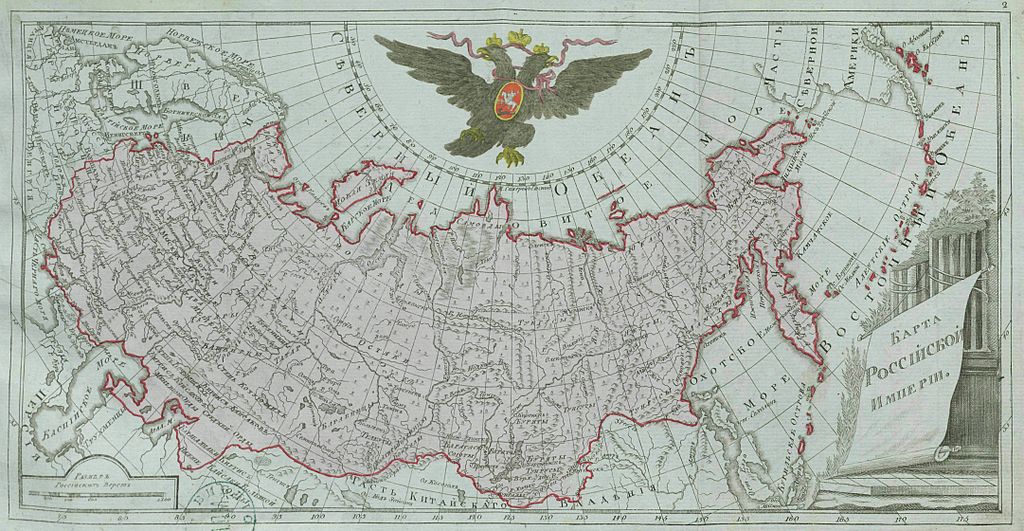
Once you have found the name of the town your family came from, you may be tempted to search for it in Russia using Google Maps. However, as mentioned above, the vast majority of Russian Jews lived in the Pale of Settlement, which today is no longer in Russia. Moreover, many towns in different parts of the empire had similar names—and place names have often changed repeatedly through history, so the town you found in historic documents may not have the same name anymore.
To be able to start looking for genealogy records for your family, you will first need to identify not only the town name, but the precise area within the Russian Empire where your family lived. With a bit of luck, you will have enough clues from American records that you will be able to piece this together. Once you have identified your family town’s location in 19th-century Russia, you should be able to use a historical gazetteer to identify which country it is in now. Then, you can use the research tools and strategies applicable to that country to trace your Jewish family in Poland, Belarus, Lithuania, or Ukraine.
Language
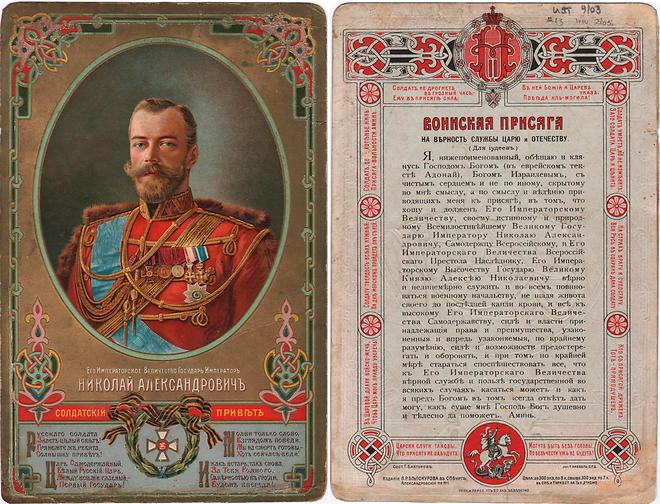
One of the main stumbling blocks for researching Jewish families from Russia is the language barrier. Records from the Russian Empire are almost all in Russian, while they were kept in Polish in Russian-controlled Poland until 1867. Moreover, the Russian language underwent a spelling reform in 1917; handwritten documents from before the Russian Revolution use several extraneous letters which have since been eliminated. Unfortunately, reading pre-1917 Russian handwritten documents presents an extreme challenge, even for native Russians. Learning Russian and developing an ability to read both pre- and post-1917 cursive writing will go a long way in helping you research your Russian Jewish family history.
Interpreting Russian Records
As described in other parts of my website, one of the most fundamental principles of high-level genealogy research is the need to critically evaluate information sources rather than merely accepting everything at face value. In order to do so, it is necessary to determine what the source is, when and by whom it was created, what its purpose was, who provided the information, and other similar questions. These questions go a long way at helping to evaluate the credibility of information sources, and carry particular importance when interpreting historical documents for Russian Jewish genealogy.
Many of the documents discussed above were created at least in part for the purposes of identifying potential military recruits. Jews were required to serve in the Russian military beginning in 1827; local Jewish communities were legally responsible for providing a set number of military recruits each year. Unlike military service in modern countries, which typically lasts approximately one to four years, service in the Russian Empire was considered a lifetime commitment and lasted for a period of 25 years. Although it was shortened later in the nineteenth century, military service in the Russian Empire was still extremely onerous.
Even worse, the vast majority of conscripted Jews were taken before the age of 18, and there are reports that even boys younger than 10 years old were sometimes conscripted. Few if any Jewish conscripts ever saw their families again. Additionally, military service was deliberately used by the Russian imperial government as a means to coercively Russify and Christianize minority populations, particularly Jews.
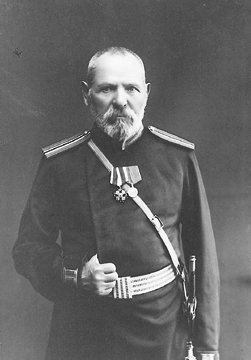
Beyond fears of conscription, Jews also had ample reason to avoid discriminatory Russian taxation—another major purpose for many of the documents of genealogical value. In most of the Russian Empire, Jews faced general taxation rates twice those of other populations. Discriminatory taxation on items necessary to Jewish religious and commercial life added to the inequitable burdens of supporting the imperial treasury.
Jews clearly had many reasons to do all they could to avoid taxation and conscription—including stretching the truth when providing information for revision lists and other documents. Many Russian Jews took special measures to avoid being counted in such lists. Leaders of local Jewish communities sometimes paid bribes to agents responsible for their creation to overlook residents, while individual Jews often deliberately ventured to other towns on days when enumeration officials were conducting their surveys.
These efforts were quite effective. For example, on the seventh revision list (1815-1825), nearly 900,000 people were discovered in the supplements as having been missed during the main count—many of them Jews. Several decades later, an official report in 1864 estimated that only 40% of the Jewish population had been counted in the tenth revision. Many Jews subject to conscription had strong motivations to become “adopted” into childless families, as boys who were the only children in their families were in less danger of being conscripted.
Summing Up
While many documentary sources exist which shed light on Russian Jewish genealogy, conducting this research is highly challenging. Changing geography and shifting borders can make locating your family’s ancestral town difficult, even if you already know the name. The language barrier, particularly when combined with changes in handwriting and spelling, make consulting primary source documents—the backbone of genealogy research—quite difficult for most people. Finally, the repressive, antisemitic, anti-democratic nature of the Russian imperial government provided ample reasons for Russian Jews to “stretch the truth” or to avoid outright being enumerated on official documents.
For all these reasons, researching Jewish genealogy from Russia, while highly rewarding, is extremely challenging to non-specialists. If you feel that you are not up for the challenge, Lost Roots Family History may be able to help. Please feel free to contact me to book a research appointment.
